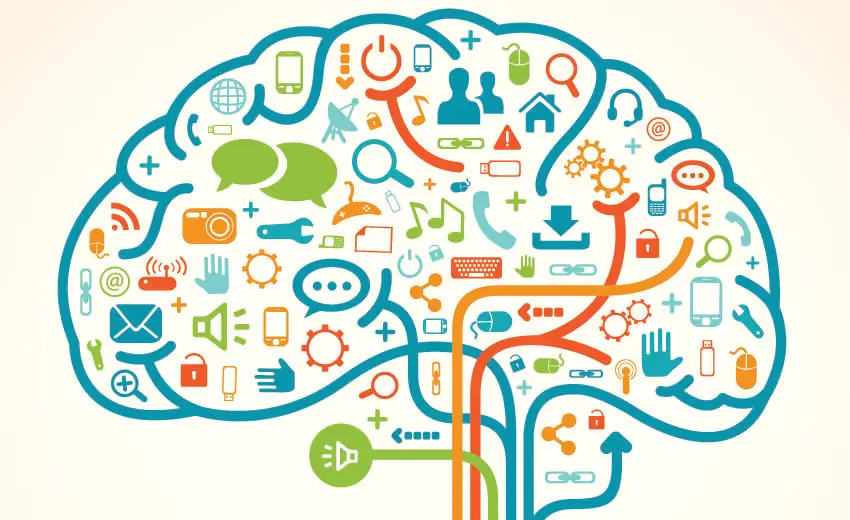
Long-Term Memory: Can a Human Function Without It
Table of Contents
To keep data for prolonged periods, long-term memory is absolutely necessary. This memory type may be broken down into several primary forms. Let’s check them out.
To coordinate deliberate recall, an explicit remembering mechanism can capture both episodic and semantic recollections. Recalling the vacation taken during childhood is an example of an episodic type. This kind of storage keeps detailed personal occurrences. Semantic function refers to universal data and facts. It can be scientific concepts or historical events. Our lives would be lacking in the vibrancy that comes from personal tales and factual data without this function.
Priming and procedural types of encoding are two components of the implicit mechanism, which operates without intended effort. Procedural encoding refers to the mastery of skills and activities. One example is the ability to execute a flawless dance routine or use a computer. Priming, on the other hand, places an emphasis on the subtle ways in which earlier experiences could impact behavior in the future. The continual flow of daily contacts and productivity is greatly dependent on it.

Managing the Temporal Dynamics
Knowing the span of memorization directs our memory-strengthening techniques, allowing us to understand how to boost memory. While some knowledge remains as permanent monuments, other memories fade with time. This knowledge shapes the organization of educational systems and nurtures lifetime learning practices.
Formation of Memories
Starting with sensory cues, knowledge goes through specific passageways before transforming into lifelong recollections. Reiteration and associative encoding allow synaptic connections to change, imprinting knowledge in brain systems.
Are Any Changes Possible?
Encoding capacity is nevertheless fragile. It may be compromised by neurological diseases or injuries. Diseases like Alzheimer’s rob memory, creating a barrier between the present and the past. Some phenomena, such as aphantasia, which is a blind mind’s eye, can make a situation complicated and impede creative activities and the ability to solve problems. Whatever the trigger is, it is always possible to design a brain strategy that entails aids for any encoding functions. Thus, it can comprise techniques for improving short-term memory, imagination, or critical thinking.
FAQ
What is long-term memory?
It comprises encoding such abilities as using the stove or learning historical facts. Its key task is to transform incoming impulses into more solid formats.
Ways to control long-term encoding
Using mnemonic aids is one of the efficient approaches to make this kind of memory efficient.
How long is long-term encoding?
The time varies; some memories last a lifetime while others could fade with time depending on things like practice or emotional relevance.